Advanced Risk Reversals P.O.T Class Series – The Poor
$299.00 $52.00
Product Include:
File size:
Advanced Risk Reversals P.O.T Class Series – The Poor
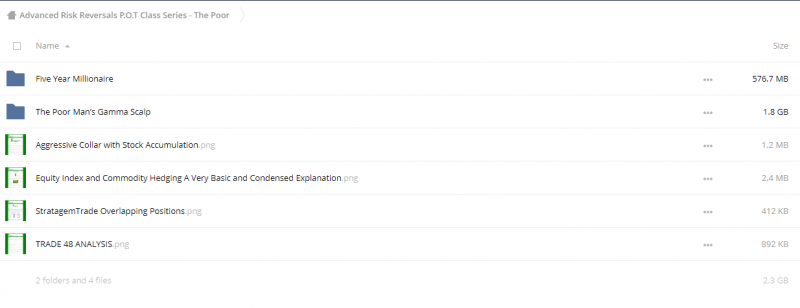
**More information:
Get Advanced Risk Reversals P.O.T Class Series – The Poor at Salaedu.com
Description
This is the definitive manual on Risk Reversals, but with a twist. By a slight manipulation of strike prices, one can create a directional position where you only have to be right for a short period of time. Once the underlying moves one or more strike prices, the trader can adjust the position to create a trade with little to no risk.
From there the market can sit, move higher, or move lower, and your position will be safe. Better yet, though, you also have the opportunity to tweak things whereby you can have on a directional play. In short, you can flip from bullish to bearish, and back again – without adding risk or cost the whole time. And the best part, this can be done again, and again in choppy markets that just swing around. This is perfect for stocks, indexes or commodities in a channel. Or you can leave the bullish (or bearish) bet on.
How cool is that?
This complete manual comes loaded with JL Lord’s famous step-by-step criteria. Nothing is left to guess. Not enough? This is a strategy that can be exploited in any market condition, and even used to hedge a stock position.
Material
This material was originally presented a class taught by Scott in Maui last January 2016 with the book title of STRATAGEM. Since then, we broke down the STRATAGEM text into the book’s two topics—Advanced Risk Reversals and Rolling Thunder—in order to allow the student to purchase ONLY what he wants to learn. This is not a cut up textbook, the book is a complete manual from start to end.
Advanced Risk Reversal Videos
Augmenting the text are clips from our popular Practical Option Tactics (POT) class.
Our POT class shows examples of trades that could possibly work out in varying market conditions: bull markets, bear markets, high volatility, low volatility, etc. When we dedicate calls to an Advanced Risk Reversal example, it becomes part of a volume.
What better way to augment the textbook than seeing examples in an online classroom environment? The classes are edited to cut out the unrelated material so that you can focus on the meat.
Stock trading course: Learn about Stock trading
A stock trader or equity trader or share trader is a person or company involved in trading equity securities.
Stock traders may be an agent, hedger, arbitrageur, speculator, stockbroker.
Such equity trading in large publicly traded companies may be through a stock exchange.
Stock shares in smaller public companies may be bought and sold in over-the-counter (OTC) markets.
Stock traders can trade on their own account, called proprietary trading, or through an agent authorized to buy and sell on the owner’s behalf.
Trading through an agent is usually through a stockbroker. Agents are paid a commission for performing the trade.
Major stock exchanges have market makers who help limit price variation (volatility) by buying and selling a particular company’s shares on their own behalf and also on behalf of other clients.
Internet Marketing Course
Digital marketing is the component of marketing that utilizes internet and online based digital technologies such as desktop computers,
mobile phones and other digital media and platforms to promote products and services. Its development during the 1990s and 2000s,
changed the way brands and businesses use technology for marketing. As digital platforms became increasingly incorporated into marketing plans and everyday life,
and as people increasingly use digital devices instead of visiting physical shops, digital marketing campaigns have become prevalent,
employing combinations of search engine optimization (SEO), search engine marketing (SEM), content marketing, influencer marketing, content automation,
campaign marketing, data-driven marketing, e-commerce marketing, social media marketing, social media optimization, e-mail direct marketing, display advertising,
e–books, and optical disks and games have become commonplace. Digital marketing extends to non-Internet channels that provide digital media, such as television,
mobile phones (SMS and MMS), callback, and on-hold mobile ring tones. The extension to non-Internet channels differentiates digital marketing from online marketing.
More Course: INTERNET MARKETING
Outstanding Course: https://tradersoffer.forex/product/the-learning-ritual-by-michael-simmons/
1 review for Advanced Risk Reversals P.O.T Class Series – The Poor
Add a review Cancel reply
Related products
Forex - Trading & Investment
Talmadge Harper – Unleash Stock Trading Genius: Money Machine [3 mp3 1 PDF]
Forex - Trading & Investment
Forex - Trading & Investment
Forex - Trading & Investment
Forex - Trading & Investment
Stock - Bond trading
Forex - Trading & Investment

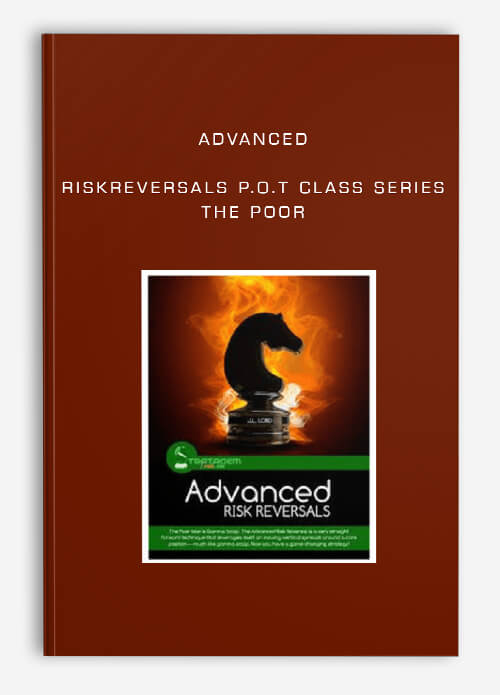

![Talmadge Harper – Unleash Stock Trading Genius: Money Machine [3 mp3 1 PDF]](https://tradersoffer.forex/wp-content/uploads/2016/11/Talmadge-Harper-–-Unleash-Stock-Trading-Genius-Money-Machine-3-mp3-1-PDF-220x306.jpg)

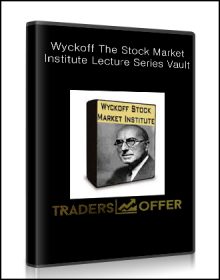
![Investors Business Daily Jan~June 2015 - [ePaper (PDF)]](https://tradersoffer.forex/wp-content/uploads/2016/11/Investors-Business-Daily-JanJune-2015-220x280.jpg)
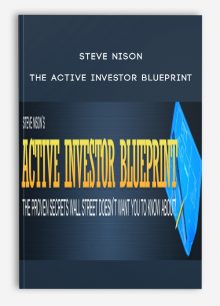
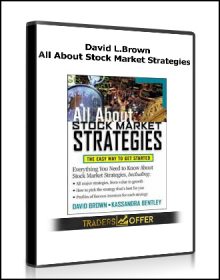


king –
We encourage you to check Content Proof carefully before paying.“Excepted” these contents: “Online coaching, Software, Facebook group, Skype and Email support from Author.”If you have enough money and feel good. We encourage you to buy this product from the original Author to get full other “Excepted” contents from them.Thank you!